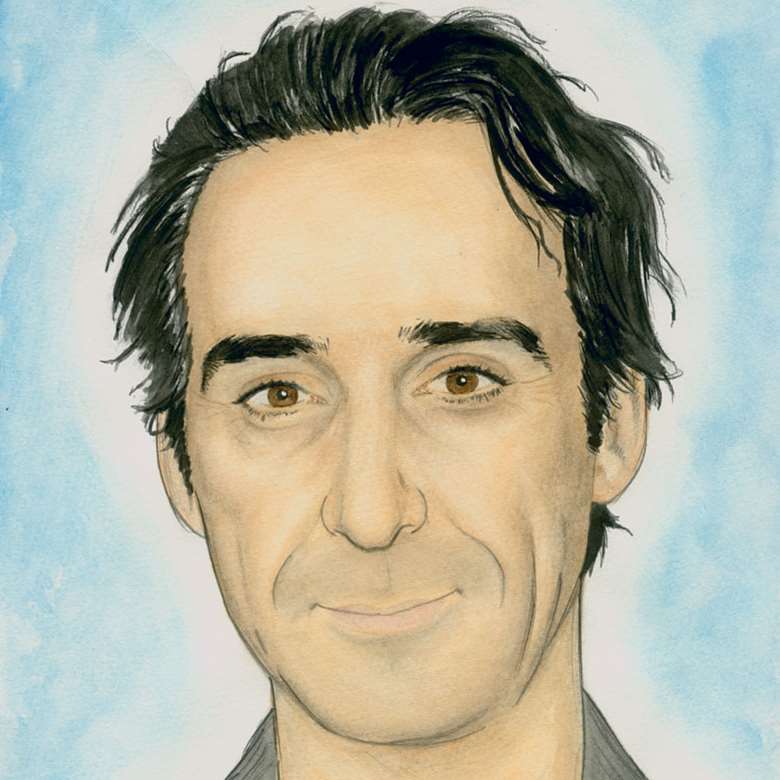Alexandre Desplat | My Music: ‘At their best, film scores are real music, not background wallpaper, and can work equally well in a concert hall’
Gramophone
Monday, February 20, 2017
Alexandre Desplat on finding the balance between fiction and function

Register now to continue reading
Thanks for exploring the Gramophone website. Sign up for a free account today to enjoy the following benefits:
- Free access to 3 subscriber-only articles per month
- Unlimited access to our news, podcasts and awards pages
- Free weekly email newsletter













